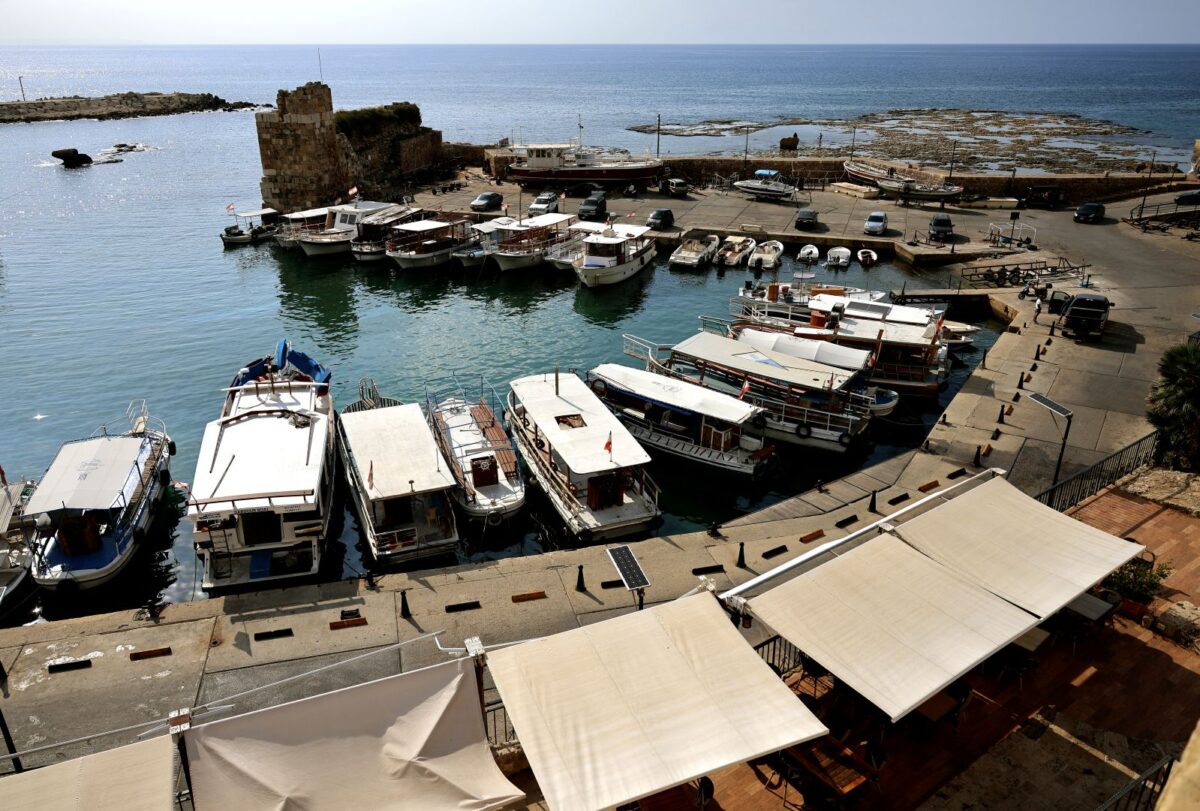
Lebanon is trying to regain some of its lost charm through tourism. After years of political turmoil and a devastating financial crisis worsened by regional conflicts, the government is now focusing on bringing back Gulf and international tourists in hopes of reviving a sector that was once a cornerstone of the Lebanese economy. But rising tensions with Israel are casting a shadow over those efforts
Ongoing military threats and instability along the southern border are discouraging both Arab and international visitors. Just as Lebanon begins to rebuild its image, fears of conflict threaten to undo what little progress has been made according to experts in the field.
Ahlam Abou Ghaida, an assistant lecturer in the faculty of tourism and hotel management at LCU, Lebanese Canadian University, explained to NOW that the tourism sector, already battered by years of setbacks, now faces yet another uphill battle.
In Ahlam’s assessment, without regional stability, hopes for a strong recovery may be short-lived. “ There is indeed Arab and international support for Lebanon’s current leadership and government, but this support is conditional on the implementation of reforms.”
The presence of Gulf tourists played a major role in boosting tourism, hospitality, and real estate in Lebanon’s past years.
The momentum of gulf tourists having Lebanon on their list to visit began to fade in recent years. As Hezbollah, backed by Iran, gained more political power in Lebanon, the country’s relations with Gulf nations started to deteriorate. This shift led to growing tensions and travel warnings ultimately driving Gulf tourists away and dealing a blow to one of Lebanon’s most vital economic lifelines.
Why has tourism not returned? Between missed reforms and regional politics
Lebanon’s tourism sector remains frustrated as key expectations for recovery have yet to materialize. One major hope was that President Joseph Aoun’s recent visit to Saudi Arabia would lead to a lifting of the travel ban on Saudi citizens and possibly other Gulf nationals coming to Lebanon.
Gulf tourists have been vacationing elsewhere, and now industry insiders are pinning their hopes on a possible change this summer.
The return of Saudi and Gulf tourists would have been a major boost. Before the travel bans, Gulf nationals made up nearly half of Lebanon’s tourists and they were also the biggest spenders. Their absence has left a significant gap in Lebanon’s tourism economy.
“Tourism in the country is now entangled with regional politics and security demands,” said Ahlam.
This ranges from government reforms and disarmament of non-state actors to rebuilding areas hit by recent Israeli strikes.
People in the sector also fear that lifting the ban is now tied to broader political conditions. These include demands for reforms, disarmament of illegal groups, and the reconstruction of areas damaged by Israel’s recent attacks. Many see Gulf visitors as the “lifeline” of Lebanon’s tourism, alongside the country’s large Lebanese diaspora.
The impact of travel bans on revenue
According to official figures, the number of Gulf tourists visiting Lebanon dropped by 70 per cent following the travel bans imposed by Gulf countries. This decline had a serious impact on the tourism sector, especially the hotel industry.
Between 2010 and 2017, hotel revenues fell by nearly 40 per cent, reflecting the broader damage to Lebanon’s tourism economy.
The absence of Gulf visitors who once were among the country’s top spenders, has left a major gap that local businesses are still struggling to fill.
Asaad Sakal, head of the Lebanese-Kuwaiti Business Council stated that although President Aoun’s visit to Saudi Arabia opened the door for cooperation, progress will take time. The president mentioned key priorities such as lifting the travel ban on Saudis, allowing Lebanese products into Gulf markets, and finalizing 22 bilateral agreements.
According to Sakal, these issues need further review and preparation, and the president is expected to return to Saudi Arabia after Eid to continue discussions.
The tourism sector had been hopeful that the recent ceasefire between Israel and Hezbollah would bring some stability. However, ongoing Israeli airstrikes in southern Lebanon and the Bekaa region, along with clashes near the Syrian border, are discouraging both Arab and European tourists. Some Western countries still advise against travel to Lebanon.
As a result, the only consistent visitors are Lebanese expatriates working in Gulf countries who remain eager to visit home despite the challenges.
Jean Abboud, head of the Travel and Tourism Agencies Syndicate, emphasized that without implementing real reforms, tourism won’t recover. He said both Arab nations and the international community are waiting to see whether the Lebanese government will act on its reform promises.
A more optimistic perspective?
The government is now aiming to disarm Hezbollah and restore diplomatic and economic ties with Saudi Arabia and other Gulf states, which in recent years banned travel to Lebanon and restricted Lebanese imports.
Signs of change are already visible. On the road to Beirut’s airport, billboards once dominated by Hezbollah slogans have been replaced with commercial ads and banners reading ‘A New Era for Lebanon.’
In central Beirut, especially in areas hoping to attract Arab and Western tourists, political posters are being taken down, and police and army patrols are on the rise.
There are early signs of warming relations as the United Arab Emirates and Kuwait have already lifted their long-standing travel bans. All eyes are now on Saudi Arabia, the region’s economic heavyweight, to see if it will follow suit, a move that could mark a turning point for Lebanon’s struggling tourism industry.
Rodayna Raydan is a Lebanese-British journalist. You can follow her on Twitter @Rodayna_462
The views in this story reflect those of the author alone and do not necessarily reflect the beliefs of NOW.








